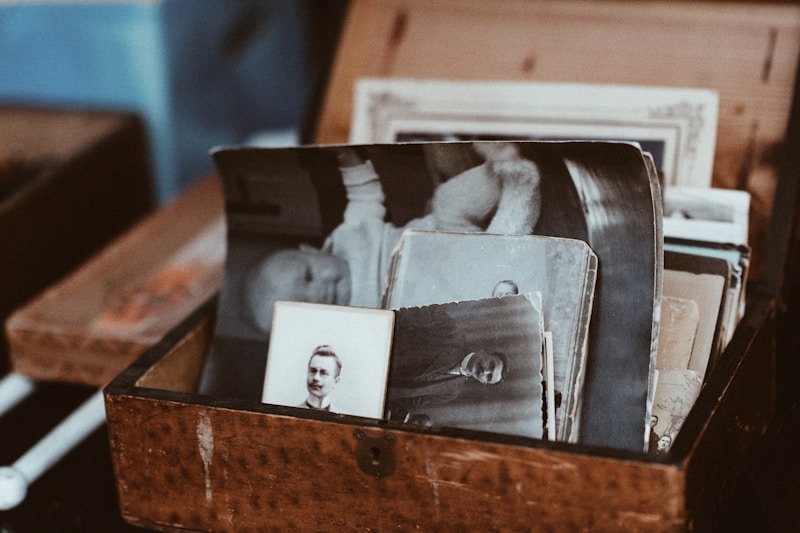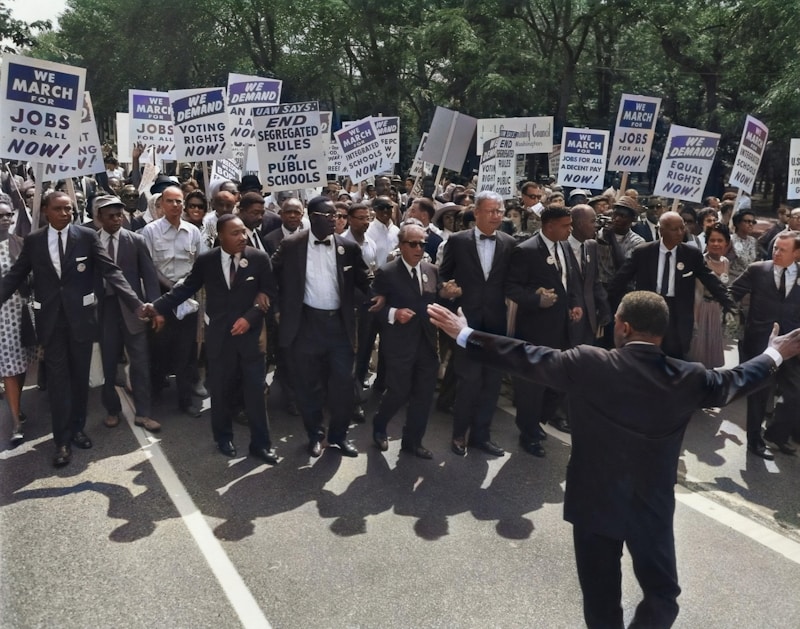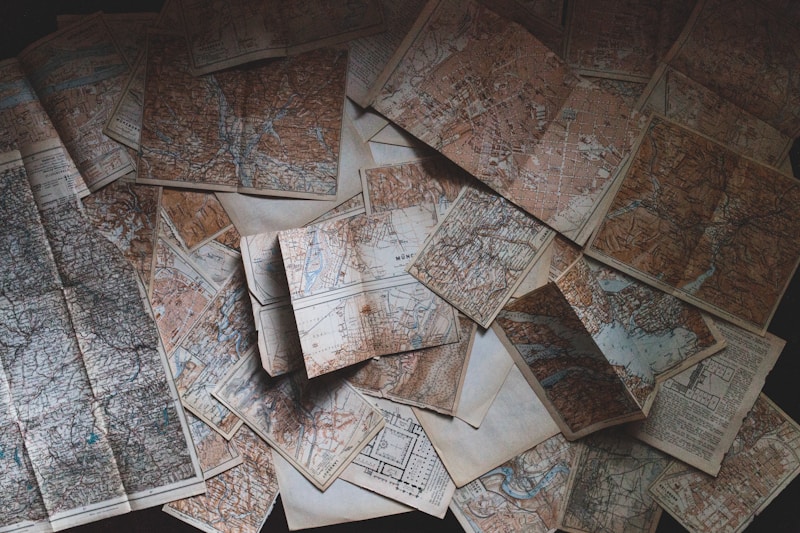10 Questions
What major changes took place during the Industrial Revolution?
Transition from agrarian societies to industrial societies fueled by new technologies like iron, steam, and electricity.
Describe the concept of globalization during the 19th and 20th centuries.
Trend toward increasing international economic, political, and cultural integration facilitated by advancements in transportation and communication technologies.
What were the key outcomes of World War I and World War II?
WWI led to the collapse of major empires and the Treaty of Versailles, while WWII saw the rise of totalitarianism and the Holocaust.
Explain the significance and duration of the Cold War.
Global political, economic, and military standoff between the United States and the Soviet Union lasting from 1947 to 1991.
What was the main goal of the Civil Rights Movement in the United States?
To end the legal segregation of African Americans and other marginalized groups
Which two countries were directly involved in the Vietnam War, supporting North and South Vietnam respectively?
Soviet Union and China supported North Vietnam, while the United States supported South Vietnam
What significant event symbolized the end of the Cold War and the reunification of Germany?
The Fall of the Berlin Wall in 1989
What major technological advancement has democratized information, communication, and global commerce?
The rise of the Internet
Which global struggle emerged in the 21st century against terrorist organizations seeking to impose radical forms of Islam?
The War on Terror
What has characterized modern history as a field of study, according to the text?
A dynamic interplay of economic, political, and social factors
Study Notes
Exploring the Fascinating World of Modern History: A Comprehensive Guide
As we delve into the vast realm of modern history, we'll explore various significant events, themes, and movements that have shaped the world since the late 19th century. Modern history, often associated with the period from the Industrial Revolution to the present day, is marked by rapid advancements in technology, globalization, and diverse social changes.
1. The Industrial Revolution (18th and 19th centuries): The period when significant changes occurred in agriculture, manufacturing, and mining. This era is characterized by the transition from agrarian societies, led by steam and water power, to industrial societies that were fueled by new technologies, including iron, steam, and electricity.
2. Globalization (19th and 20th centuries): The trend toward increasing international economic, political, and cultural integration, facilitated by advancements in transportation and communication technologies.
3. World Wars (1914–1945): Two global conflicts that severely challenged the international order, resulting in the deaths of millions of soldiers and civilians. WWI (1914–1918) led to the collapse of four major empires and the Treaty of Versailles, whereas WWII (1939–1945) was marked by the rise of totalitarianism and the Holocaust.
4. The Cold War (1947–1991): A global political, economic, and military standoff between the United States and the Soviet Union, which lasted for 46 years. The Cold War was characterized by a fierce ideological battle, proxy wars, and a global arms race.
5. The Civil Rights Movement (1950s–1960s): A social movement in the United States that sought to end the legal segregation of African Americans and other marginalized groups. The movement was marked by the struggle for equal rights, including voting rights, employment opportunities, and the right to public accommodations.
6. The Vietnam War (1955–1975): A conflict between North Vietnam, backed by the Soviet Union and China, and South Vietnam, which was supported by the United States. The war ended in a stalemate, with the U.S. withdrawing in 1973, and the eventual unification of Vietnam under communist rule in 1975.
7. The Arab-Israeli Conflict (1948–present): A long-standing conflict between Arab countries and Israel over territory and rights. The conflict has been marked by numerous wars, peace negotiations, and settlements, ultimately resulting in the Israeli-Palestinian peace process.
8. The Fall of the Berlin Wall (1989): A pivotal event in the history of Europe, when the Berlin Wall was opened and eventually dismantled, symbolizing the end of the Cold War and the reunification of Germany.
9. The Rise of the Internet (1969–present): A revolutionary technology that has democratized information, communication, and global commerce. The Internet has enabled a new era of interconnectedness, social media, and e-commerce.
10. The War on Terror (2001–present): A global struggle against terrorist organizations, particularly the Islamic State, which seeks to impose a radical form of Islam on the world. The war has resulted in the deaths of thousands of civilians and soldiers, and the widespread use of drones and other advanced weapons systems.
Modern history is a dynamic, ever-changing field, marked by a complex interplay of economic, political, and social factors. As we continue to explore the events and themes of this period, we gain a deeper understanding of the world around us and the forces that shape its future. The study of modern history, with its rich tapestry of competing ideologies, technological advancements, and human experiences, is a compelling and rewarding endeavor.
Delve into the fascinating world of modern history with this comprehensive guide. Explore significant events, themes, and movements that have shaped the world since the late 19th century, from the Industrial Revolution to the present day.
Make Your Own Quizzes and Flashcards
Convert your notes into interactive study material.




